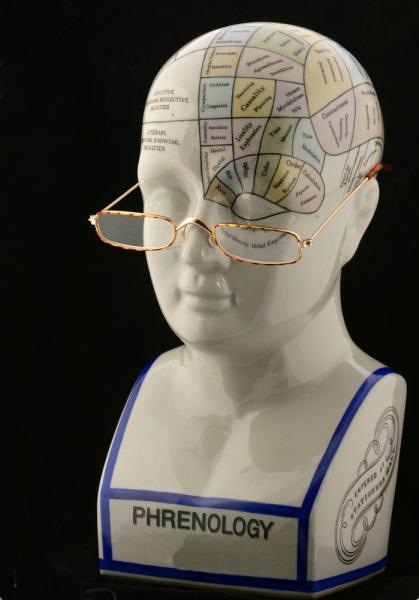Last week the Northern California Record published an article about the plethora of questionable lawsuits being brought in California against various companies on the basis that their products or marketing are basically fraudulent. The article questions whether the real basis for many, if not all, of such suits derive from anti-science activists trying to frighten consumers (especially mothers) away from conventional foods and products.
What caught our attention was the results of a survey run by the Independent Women's Forum that found:
- "83 percent of women said they have trouble telling the difference between a legitimate scientific study and one designed to scare them; and
- 87 percent of women say they have a tough time finding sources for health and wellness information that they can trust."
While we have no further information about the reliability of this survey or its generalization, these figures surprised us, and motivated us to reprint some advice about who to trust, and who not to trust.
For example, Quackwatch.com has a list of over twenty ways to spot a nutritional quack, and here are just a few:
- They Claim That Most Americans Are Poorly Nourished
- They Recommend "Nutrition Insurance" for Everyone
- They Say That Most Diseases Are Due to Faulty Diet and Can Be Treated with "Nutritional" Methods
- They Allege That Modern Processing Methods and Storage Remove all Nutritive Value from Our Food
- They Claim That "Natural" Vitamins are Better than "Synthetic" Ones
- They Routinely Sell Vitamins and Other "Dietary Supplements" as Part of Their Practice
Further, we can add that claims that the medical establishment is in cahoots with "Big Pharma" to make people sicker to increase their bottom line are, to put it politely, without merit. And as far as knowing what scientific articles are trustworthy, people should realize that even a very well run study is, in and of itself, not enough to "prove" a point. It takes independent replication to establish scientific veracity, so a claim that any one publication should be the basis for belief is not likely to be true. This is true even if a study appears in a well-respected, peer-reviewed journal such as The New England Journal of Medicine or the British Medical Journal.
Finally, good sources of health information can be found on sites associated with major medical centers, such as the Mayo Clinic, and with sites associated with some major non-profits such as the American Cancer Society. And of course, the American Council on Science and Health. We read the medical literature, review reports, and tell you what is reliable and what is not. Give us a try.




